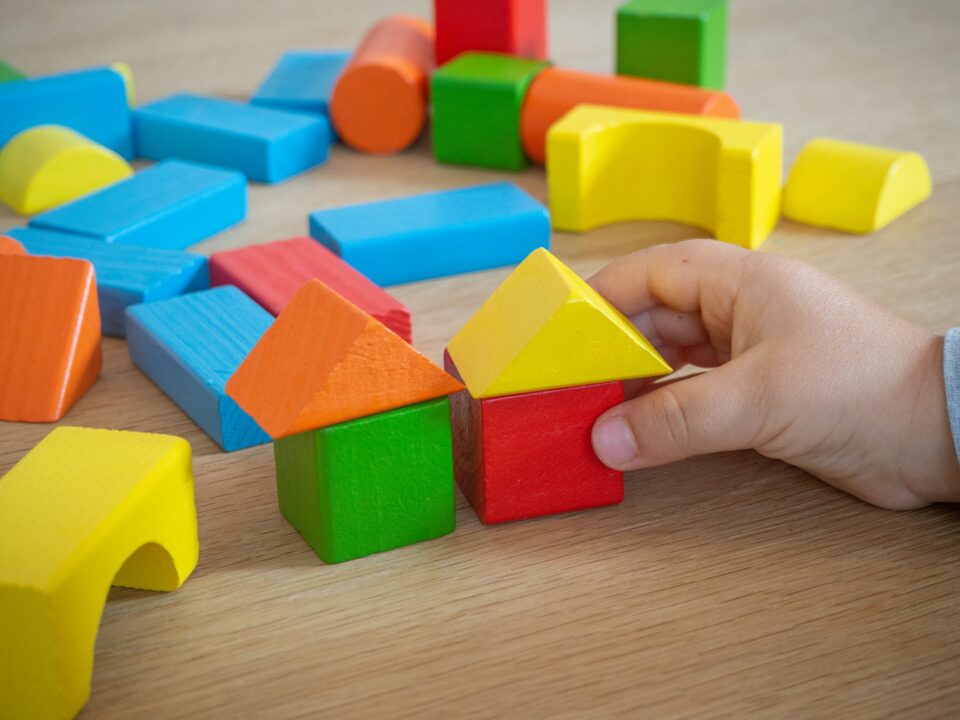Most of the time, when we picture children learning, it happens in a classroom – but learning happens all the time in the form of play. There are big things like coordination and motor skills, but there are plenty more skills.
You can find both a preschool and regular school that uses the Montessori method, believing that play is the work! And that play helps to individualize the learning journey – amongst many other benefits.
So how does play help your child learn?
Creativity
Creativity comes into play in later life through problem-solving, design, and more. But it starts early, and when children are encouraged to play, they unleash their creativity and imagination.
When children are allowed to play unrestricted, they create the boundaries and rules within the spaces and worlds that they create.
This is an incredibly useful life skill that can help in later lift.
Literacy
While it is true that all children learn to read and handle language at different rates, playing can help to improve literacy from birth. Through playing and fun interactions, children learn new words, the meaning behind words, what tones mean – and through singing, they can start to build syllables to the beat of the music.
When you play with your child, long before they can speak, they will be absorbing the words that you say, how you say them and what they mean. When a child is in a nursery or daycare, the same thing happens, and they can interact with their peers in the same way.
Many children’s toys involve some language and numbers, which further helps them make sense of everything they hear around them.
Cognitive Growth
When we talk about cognitive growth, we are talking about the rate at which your child’s brain develops.
One of the most important times for your child is unstructured playtime. They don’t have schedules or other activities that will impede their playtime. And it is an unstructured play that will help a child’s brain develop positively.
During unstructured play, the brain starts to strengthen the neural connections, and it is those paths that help with thinking.
Emotional and Behavioural
As an adult, when we feel overwhelmed or stressed, it is often recommended that we start a creative hobby. Children are more likely to play, paint, draw and sing than adults.
Playing in the way they enjoy the most is great for emotional regulation, reduced stress, and irritability.
And depending on how your child plays, it can give you insight into how they might be feeling. This means it is easier to help your child through moments that might be worrying them.
When your child plays with other children, it helps with teamwork, sharing and negotiating, and even conflict avoidance or solving.
Independence
As adults, we tend to run the whole day; we decide when meals are, bedtime, waking up time (if you are lucky), and more. Children usually have full control over their playing, encouraging them to make decisions and be independent.
Learning to play can also help when parents need to do things around the home; the child can happily play alone.
Play is one of the most important building blocks for your child’s development. Children have a lot to learn in such a short space of time that we need to consider emotions, creativity, and academics: Why You Need To Integrate Social & Emotional Learning Into The Classroom – Times International.
